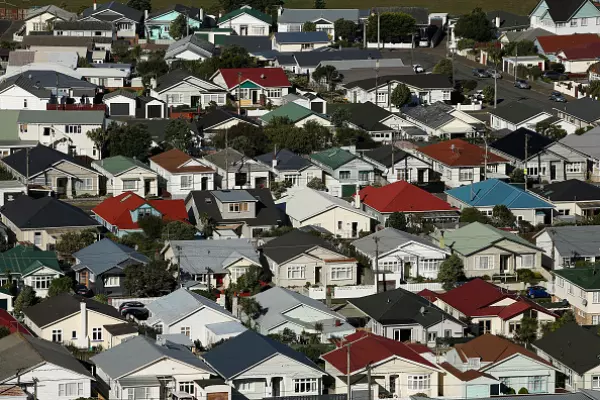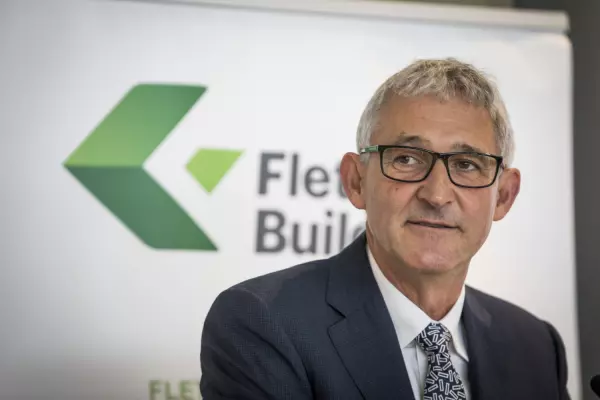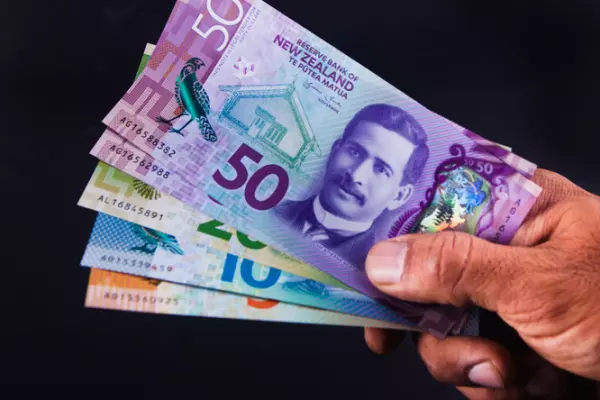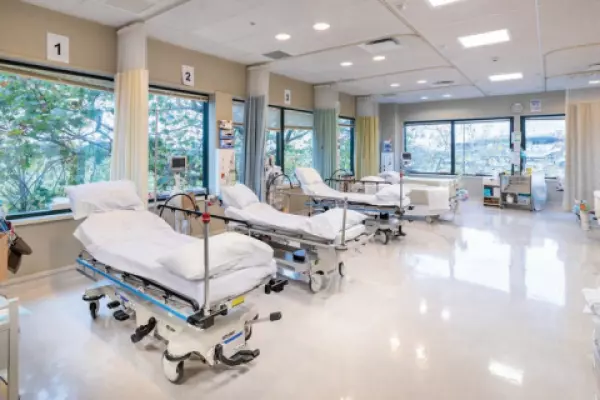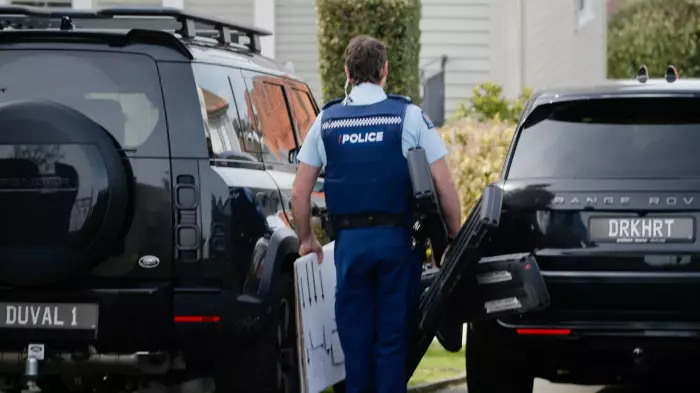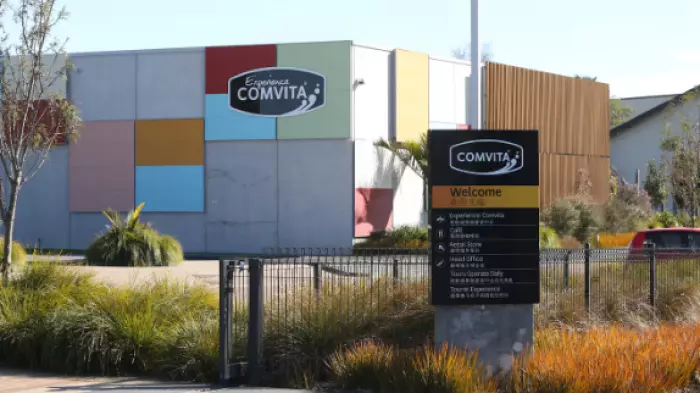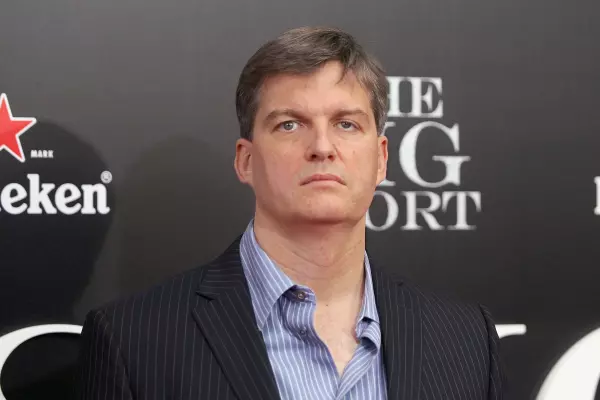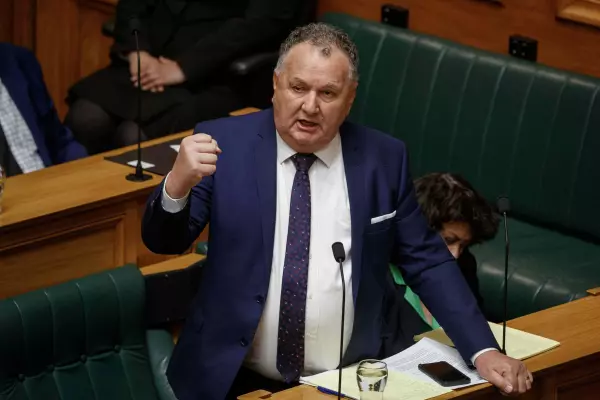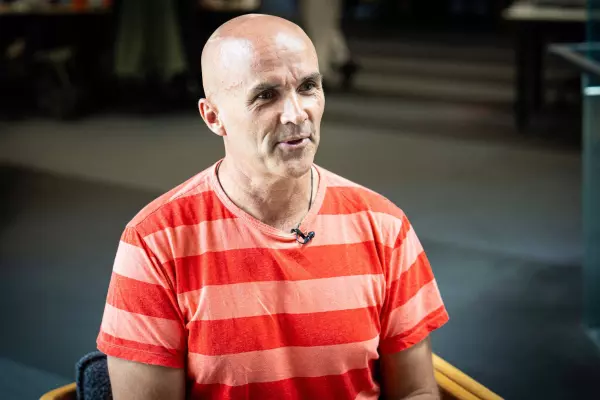OPINION: Why Abano fell to the sixth takeover bid
.png)
It's a case of sixth time lucky for the latest takeover bid for Abano Healthcare and hardly surprising, given the company's warnings the sharks were circling.
All the same, the fact that it's via a scheme of arrangement and that the price is so low - $5.70 minus whatever first-half dividend Abano would have paid - will leave a sour taste in shareholders' mouths.
Abano's board has successfully repelled all comers since the first takeover attempt in 2007 by Mark Stewart's Masthead.
The latest offer, which Abano's board is unanimously backing unless a higher offer emerges, and providing the price is within independent expert KordaMentha's valuation range, looks to be considerably poorer than a proposed scheme of arrangement in 2013: the third takeover attempt.
Back then Archer Capital and former Abano director Peter Hutson and his partner James Reeves had been strong-armed into upping their offer to an indicative and conditional price of $7.80 but they withdrew without ever making a formal offer when Abano's board refused to support it.
The board was then relying on a Grant Samuel valuation of $8.30-$10.05 per share.
That was before the 2016 sale to Hutson and Reeves of a half share of Abano's audiology business for $32 million and also before a $35 million capital raising, at $8.15 per share, in August 2017.
In 2014, Hutson and Reeves' second attempt to gain board control by ousting then chair Trevor Janes also failed, as did their third attempt in early 2017 through a partial offer to take their stake to 51 percent at an effective price of $9.84.
By that point, Grant Samuel had valued Abano at $9.92-$11.93 per share.
This time around, Abano lacks performance, the thing it had going in its favour with all those earlier, higher offers.
Put baldly, the company's performance since early 2017 has been abysmal.
Up until the last couple of years, the company had steadily and methodically built a reputation for keeping its promises and a steady upward trajectory of growth and profits. With each new takeover attempt and independent report, as well as in its routine communications with shareholders, the company had repeatedly issued forecasts and repeatedly met them.
But in July this year, the company, which owns 239 dental practices branded Maven in Australia and Lumino in New Zealand, reported a 26 percent slump in annual net profit to $7.6 million, which included a $2.6 million write-down in goodwill.
That followed Abano's warning in March that it had halted purchases in Australia of new dental practices. It bought a total of 16 in the year ended May, most of them in Australia.
It was obvious that the company had run out of capital – net debt reached $134.6 million at May 31, up from $94.2 million a year earlier, taking gearing to 39 percent from 30.7 percent.
The company's share price had plummeted from above $10 in December 2017 to as low as $3.35 in June, making it clear shareholders had lost confidence in Abano and problematic to ask them to fork out more capital.
Stephen Ridgewell, an analyst at Craigs Investment Partners, says same-store sales in Australia have mostly fallen since 2017, accelerating from a 1.2 percent decline in the first half of the latest year to a 4 percent drop in the second half.
New Zealand same-store sales growth was slowing from 4.9 percent in the second half of fiscal 2018 to 0.8 percent in the year just gone.
At the same time, profit margins on both sides of the Tasman were falling.
Abano chair Pip Dunphy yesterday explained that factors including Abano's failure to meet operating earnings targets and to meet acquisition targets explain the difference between Grant Samuel's valuation three years ago and the current offer price.
The current offer assumes underlying earnings before interest, tax, depreciation and amortisation of $33.7 million and an enterprise value-to-ebitda multiple of 8.9 times.
Ridgewell says that "an improvement in same-store sales and operating leverage was the critical justification used by Abano to reject the 2016/17 takeover bid, combined with the partial nature of the transaction."
Hutson and Reeves had argued that Abano needed to stop buying dental practices and to work on achieving better earnings from the practices it already owned, a prescription that is difficult to disagree with, with the benefit of hindsight.
In July, Ridgewell had estimated that Abano's value under a potential takeover could be anywhere from $6.01 to $10.60.
Nevertheless, he says the current offer "is a fair price and slightly ahead of our last published $5.50 target price."
Harbour Asset Management is surely numbered among those unhappy with how the Abano story has played out: it owns nearly 15.9 percent of the company, or just over 4 million shares, having bought Fisher Funds Management's 2.3 million share stake in October 2018 at $7.78 per share.
"We look forward to examining further the proposal, which we agree has come from a long-term process that we understand has been very thorough," says Harbour managing director Andrew Bascand.
Comments



